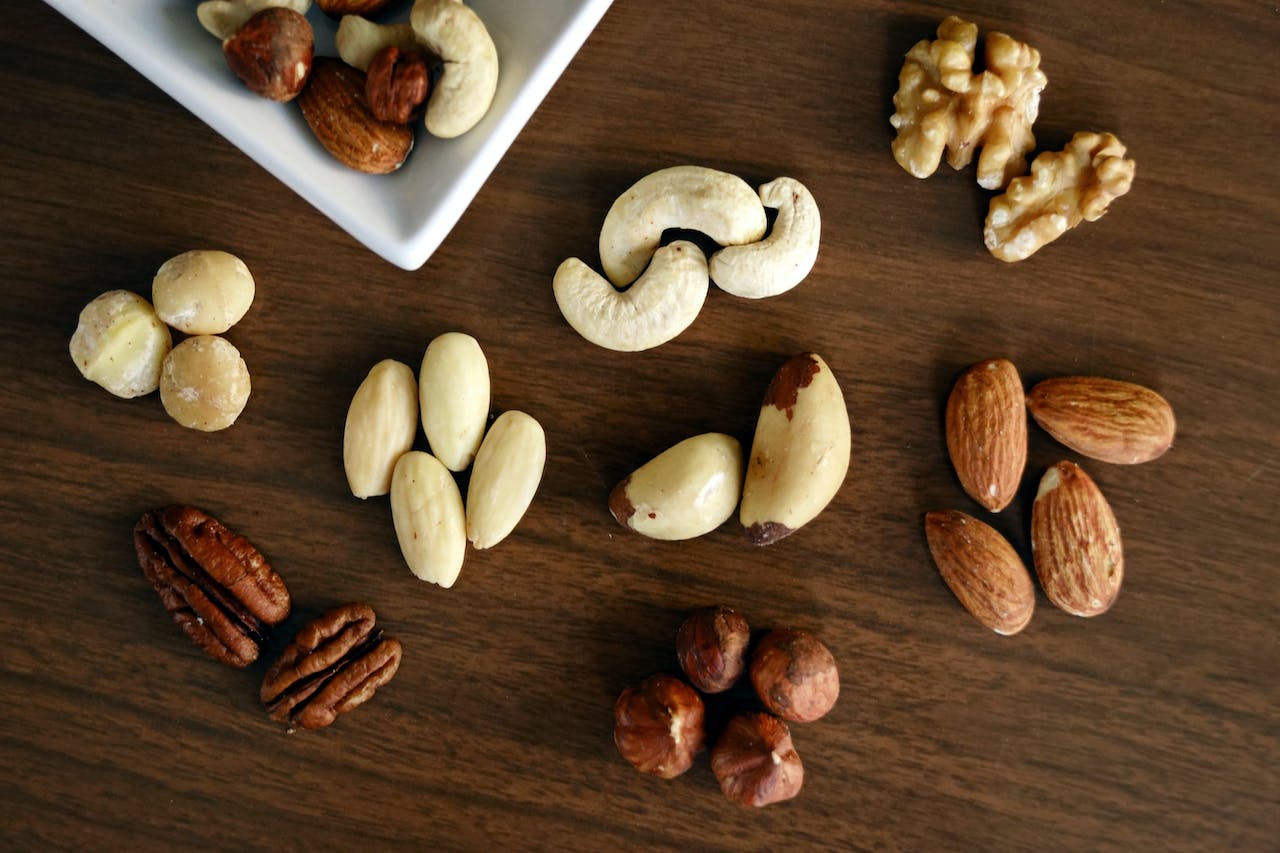Hiking is not only a rewarding outdoor activity but also an excellent way to stay fit and connected with nature. Whether you’re embarking on a short day hike or a challenging multi-day trek, proper nutrition plays a crucial role in ensuring you have the energy and stamina to conquer the trails. In this article, we delve into the essentials of hiking nutrition, offering insights on how to fuel your body for peak performance amidst the breathtaking landscapes.
Understanding Hiking Nutrition Basics:
Before lacing up your hiking boots, it’s important to grasp the fundamentals of hiking nutrition. Hiking demands a combination of carbohydrates, proteins, fats, vitamins, and minerals to sustain the body’s energy levels and support overall well-being. Here’s a breakdown of key nutritional components:
Carbohydrates: Carbs are the primary source of energy for hikers. Opt for complex carbohydrates like whole grains, fruits, and vegetables, providing sustained energy release during your trek.
Proteins: Proteins aid in muscle repair and recovery. Include lean proteins such as poultry, fish, beans, and nuts to maintain muscle strength during and after your hike.
Fats: Healthy fats, like those found in avocados, nuts, and olive oil, provide a concentrated source of energy and help keep you feeling satiated on the trail.
Vitamins and Minerals: Fruits, vegetables, and whole foods are essential for obtaining a range of vitamins and minerals crucial for overall health and immune function.
Hydration: The Cornerstone of Hiking Nutrition:
Staying adequately hydrated is paramount for hikers. Dehydration can lead to fatigue, muscle cramps, and a decline in overall performance. Consider these hydration tips for your next hiking adventure:
Water Intake: Consume water consistently throughout your hike, even if you don’t feel thirsty. Aim to drink at least half a liter of water per hour, adjusting based on factors like temperature and exertion.
Electrolyte Balance: In addition to water, replenish electrolytes lost through sweat by incorporating sports drinks or electrolyte tablets into your hydration plan.
Pre-Hydrate: Start your hike well-hydrated by drinking water before hitting the trail. Dehydration is more challenging to recover from than maintaining proper hydration levels.
Hiking Snacks: Portable Fuel for the Trail:
Selecting the right snacks can make a significant difference in maintaining energy levels during your hike. Portable, nutrient-dense snacks ensure you stay fueled without weighing down your backpack. Consider these options:
Trail Mix: A mix of nuts, seeds, dried fruits, and a touch of chocolate provides a perfect balance of healthy fats, proteins, and carbohydrates.
Energy Bars: Choose bars with a good balance of carbs, proteins, and fats. Look for options with minimal added sugars and ingredients you can pronounce.
Nut Butter Packets: Individual nut butter packets are convenient and offer a quick energy boost. Spread them on whole-grain crackers or enjoy straight from the packet.
Fresh Fruits: Apples, oranges, and bananas are easy to pack and provide natural sugars for a quick energy boost.
Meal Planning for Longer Hikes:
For extended hiking adventures, planning balanced meals becomes essential. Incorporate a variety of food groups to ensure you meet your nutritional needs over multiple days. Consider these meal planning tips:
Breakfast Boost: Start your day with a hearty breakfast including whole grains, proteins, and fruits. Oatmeal with nuts and berries or scrambled eggs with veggies are excellent choices.
Lunch on the Go: Opt for easy-to-carry lunches like whole-grain wraps with lean protein, vegetables, and a spread of hummus or nut butter.
Dinner Delights: Prepare dehydrated meals or one-pot dishes that are rich in carbohydrates, proteins, and fats. Add dehydrated vegetables to enhance nutritional content.
Snacking Strategy: Incorporate regular snack breaks to maintain energy levels. Include a mix of trail mix, energy bars, and fresh fruits to keep things interesting.
Recovery Nutrition: Nourishing Your Body Post-Hike:
After completing a challenging hike, prioritizing recovery nutrition is crucial for muscle repair and replenishing energy stores. Consider these post-hike nutrition practices:
Protein-Packed Snacks: Snack on protein-rich foods like Greek yogurt, cheese, or a protein shake to support muscle recovery.
Hydration Continues: Continue hydrating post-hike to replace fluids lost during exertion. Add a pinch of salt to your water or consume a sports drink to aid electrolyte replenishment.
Whole Foods for Dinner: Opt for a balanced dinner with a mix of lean proteins, whole grains, and vegetables to support recovery.
Sleep and Nutrition: Adequate sleep is essential for recovery. Ensure your post-hike meal includes tryptophan-rich foods like turkey or nuts to promote better sleep.
Fueling Your Passion for Hiking:
In the realm of hiking nutrition, the key is to listen to your body and adapt your food choices based on the duration and intensity of your hike. By prioritizing a well-rounded diet, staying hydrated, and strategically planning meals and snacks, you can fuel your body for peak performance on the trails. Hiking isn’t just an activity; it’s a lifestyle, and proper nutrition is the compass that guides you through the vast landscapes, ensuring your journey is both enjoyable and rewarding.




